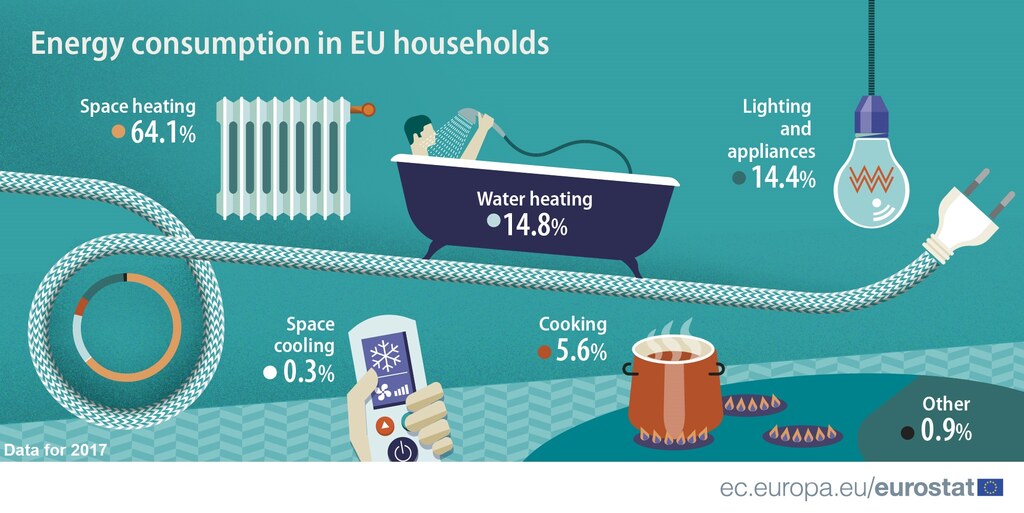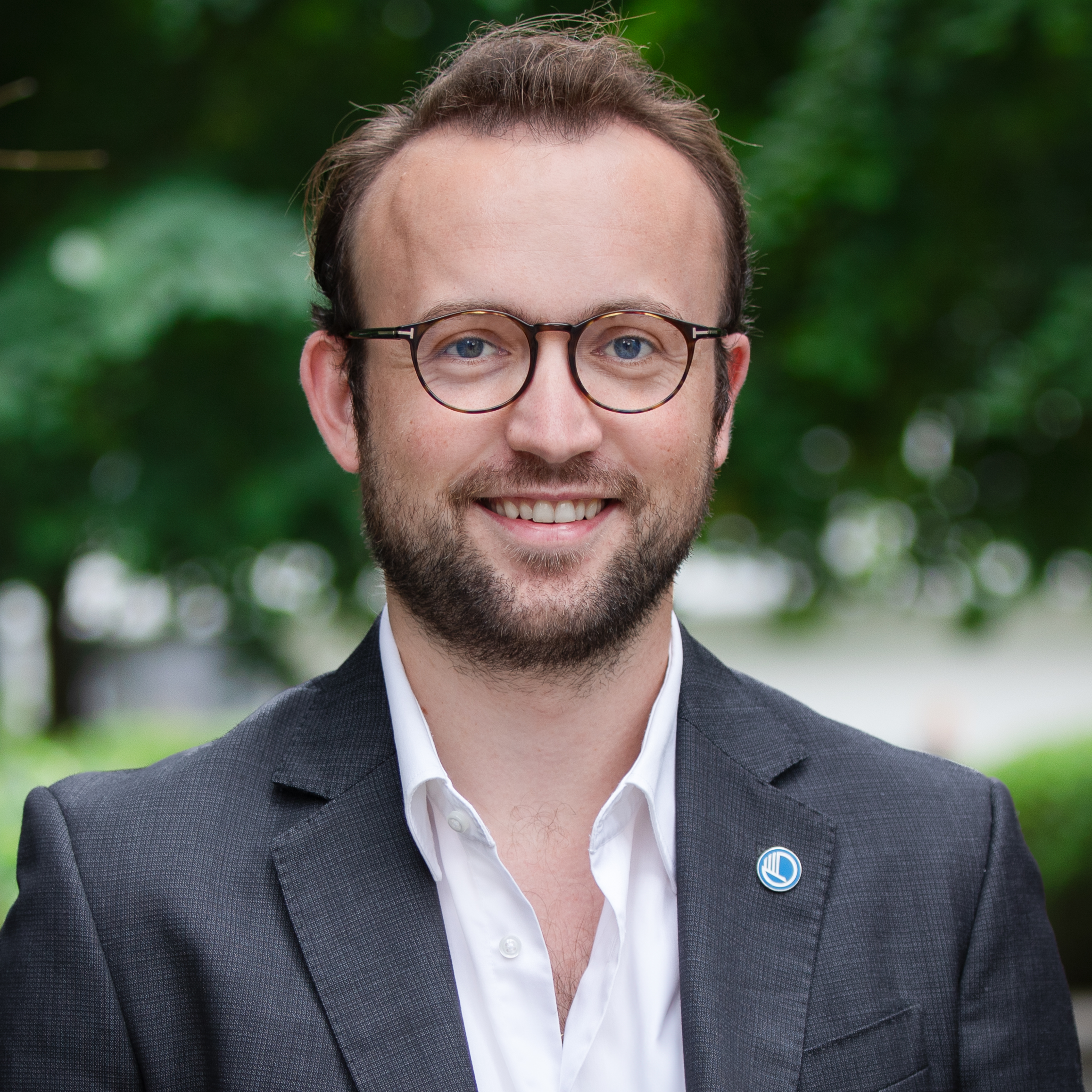
About NUANCE
Globally, nations have developed their sustainable goals to achieve a carbon neutral society. Sustainable consumption of energy is one of the SDGs of the United Nations. There have been several…
Globally, nations have developed their sustainable goals to achieve a carbon neutral society. Sustainable consumption of energy is one of the SDGs of the United Nations. There have been several policy measures and incentive mechanisms developed to promote energy efficient consumption globally.
The evolution of consumers to prosumers have made the passive consumers to active consumers in the network. Hence, this calls for increased interventions to maneuver the sustainable energy consumption. However, even if the measures and schemes are in place, it is essential to study the adoption of these measures by the consumers. Social energy research considers the integration of behavioral and perception along with features of a consumer while adopting efficient energy measures. There is a need for inclusive study of variation in consumers’ behaviour while considering their energy usage methods. One such class includes ‘Hard to reach consumers’ who are difficult to be influenced to instigate change in their energy consumption. It is essential to consider such types of consumers, to meet the climate goals.

Project partners have finished the WP2 activity Identification of hard-to-reach (HTR) energy user groups. The objective of this WP was to identify the most common HTR energy user groups in the Baltic and Nordic, including how complex these audiences are and the main barriers and potential drivers to change their energy consumption attitude/behavior. First, project partners conducted a scientific literature review on HTR energy users. Further, a quantitative national data analysis from different sources, such as scientific literature and stakeholders, was undertaken to define and classify HTR energy user groups in the Baltic-Nordic region. HTR energy users are defined as either HTR physically, underserved, or hard to engage or motivate for energy efficient behavior change. The research focuses on residential consumers considering thermal energy (heating and cooling) and power.
The results show that in Sweden, three groups of HTR energy users are determined: high-income, elderly, and low-income rural households. In Estonia, HTR energy users are either elderly households, low-income households, or less educated residents. Stakeholder interviews in Latvia revealed various types of residential HTR energy users, including physically hard to reach, underserved, low income, “I know better,” “I am against anything,” disappointed and openly, aggressive, indifferent, “silent roarer,” and saboteur.
Results were presented at the international conference Smart Energy Systems 2022 in Aalborg, Denmark, 13–14 September 2022.

